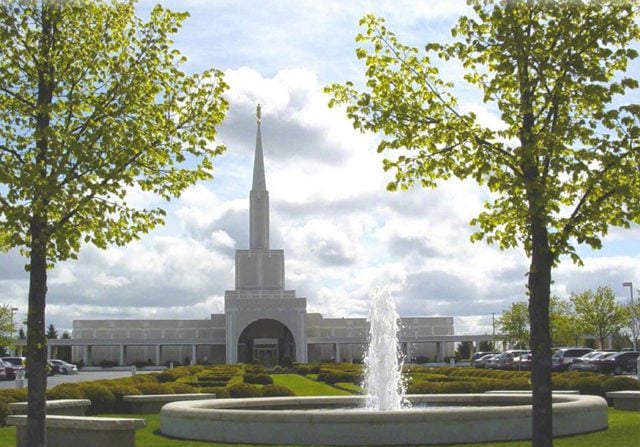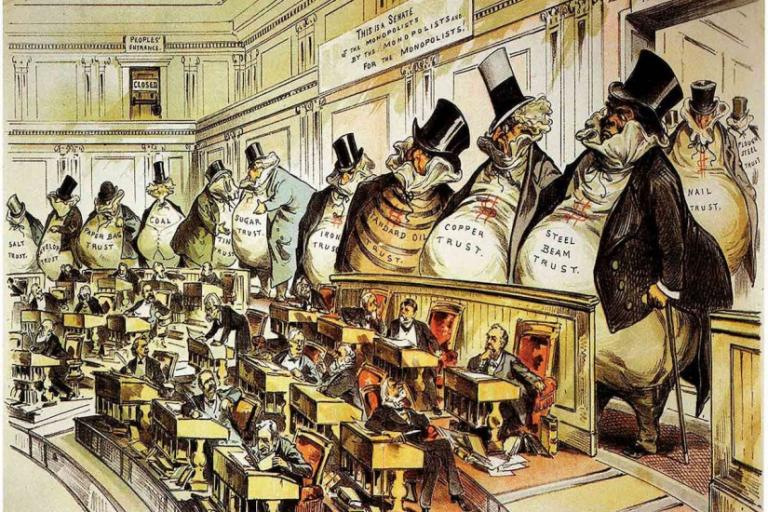
***
And don’t miss tonight’s Interpreter Radio Show. It may be our last.
***
After being repeatedly urged by multiple people whose opinions I value that I needed to read him, I’ve finally picked up a copy of Jordan B. Peterson, 12 Rules for Life: An Antidote to Chaos (Toronto: Random House Canada, 2018). The New York Times has apparently labeled Dr. Peterson, a clinical psychologist, a professor at the University of Toronto, and sadly no relation to me, as “the most influential public intellectual in the Western world right now.”
Here’s a passage that I marked and that seems particularly significant in an era of collapsing fraternal organizations, fraying family ties, low marriage rates, widening political and social polarization, and increasing religious disaffiliation:
I came to realize that shared belief systems made people intelligible to one another — and that the systems weren’t just about belief.
People who live by the same code are rendered mutually predictable to one another. They act in keeping with each other’s expectations and desires. They can cooperate. They can even compete peacefully, because everyone knows what to expect from everyone else. A shared belief system, partly psychological, partly acted out, simplifies everyone — in their own eyes, and in the eyes of others. Shared beliefs simplify the world, as well, because people who know what to expect from one another can act together to tame the world. There is perhaps nothing more important than the maintenance of this organization — this simplification. It it’s threatened, the great ship of state rocks. . . . (xxx)
There’s more to it, too. A shared cultural system stabilizes human interaction, but is also a system of value — a hierarchy of value, where some things are given priority and importance and others are not. In the absence of such a system of value, people simply cannot act. In fact, they cannot even perceive, because both action and perception require a goal, and a valid goal is, by necessity, something valued. We experience much of our positive emotion in relation to goals. We are not happy, technically speaking, unless we see ourselves progressing — and the very idea of progression implies value. Worse yet is the fact that the meaning of life without positive value is not simply neutral. Because we are vulnerable and mortal, pain and anxiety are an integral part of human existence. We must have something to set against the suffering that is intrinsic to Being. We must have the meaning inherent in a profound system of value or the horror of existence rapidly becomes paramount. Then, nihilism beckons, with its hopelessness and despair.
So: no value, no meaning. Between value systems, however, there is the possibility of conflict. We are thus eternally caught between the most diamantine rock and the hardest of places: loss of group-centered belief renders life chaotic, miserable, intolerable; presence of group-centered belief makes conflict with other groups inevitable. In the West, we have been withdrawing from our tradition-, religion-, and even nation-centered cultures, partly to decrease the danger of group conflict. But we are increasingly falling prey to the desperation of meaninglessness, and that is no improvement at all. (xxxi-xxxii)












